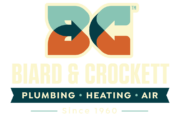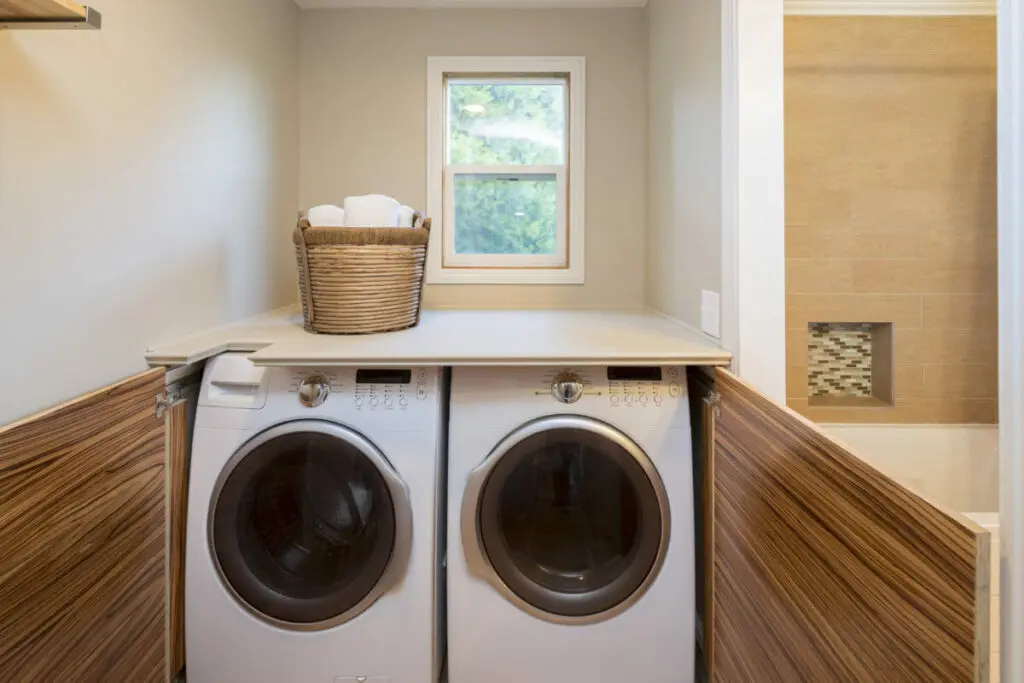Moving into a new house or apartment is an exciting time! Most new renters focus on arranging their furniture and personalizing their space. After all, that’s the fun part! But, there are some practical aspects you should also address both before and after you’ve signed your paperwork. What do you need to know about plumbing as a new renter?
Who’s Responsible for What?
With things clear from the beginning, you’ll be off to the best tenant-landlord relationship. When it comes to plumbing repairs, be sure to know who is responsible for calling the plumber and who pays. Your landlord may be responsible for the costs but may prefer to reimburse you rather than directly pay. Other landlords take care of calling and arranging work orders. So, make sure you know what to expect on this front so that you can address any future problems quickly and effectively.
Get It In Writing
You’ll get paperwork when you sign your lease. Go through and make sure that everything is detailed including who will arrange and pay for plumbing repairs. In addition, you should ask for a list of what can and can’t go down the drains. This is especially true in the case of the garbage disposal and toilet. Get it in writing so that you won’t forget what the expectations are.
Get a Tour
Before you move in or when you get your keys, ask for a tour of your home or apartment. Learn where the water main is so that you can shut off water in case you have a leak or flood. This will be essential for dealing with any problems in a prompt manner and avoiding further damage.
Protect Drains
Once you’ve moved in, make sure you use drain baskets in your sinks. Use a protector in your shower and any other areas where debris, hair or food scraps might get into your plumbing. Another culprit for drains is “FOG” which are fats, oils, and grease. Make sure you don’t try to dump these down the drain as they stick to the sides of the pipes, causing clogs and slow drains.
Although you don’t own the property, you have to live with any problems that arise. By keeping foreign objects from entering your plumbing, you can avoid clogs and slow drains.
Clean the Washer
One thing often overlooked is keeping the washer in sufficient condition. You need to clean out the lint trap occasionally to ensure that your washing machine drains properly. Make sure you can always wash your clothes by taking care of this routine maintenance.
Know How to Use the Garbage Disposal
A garbage disposal can be a great addition to your home since you can avoid having food scraps sitting around in the trash attracting flies. However, you must use it correctly and know what can and can’t go in it. Ask for detailed instructions on using the garbage disposal to avoid any sink clogs and troubles down the line.
Know Basic Plumbing
You shouldn’t have to know how to fix a leaky pipe, but you should be able to use a plunger. In fact, make sure you get a plunger! This will be a lifesaver for dealing with most common clogs and slow drains.
Set Your Water Temperature
If you’re responsible for paying your own energy bills, see if you can configure your own hot water temperature. By keeping the water heater at about 120, you’ll have water that’s hot enough for your needs but will also help keep your energy bill down. If you’re not sure how to adjust this, ask your landlord.
By following these necessary steps, you can ensure that you’ll enjoy as few plumbing troubles as possible while renting. And, should you face any difficulties, you will know exactly how to handle them.
BCPSI is here to help you with all of your plumbing needs! Contact our friendly staff for help with plumbing repairs. We look forward to serving you.

